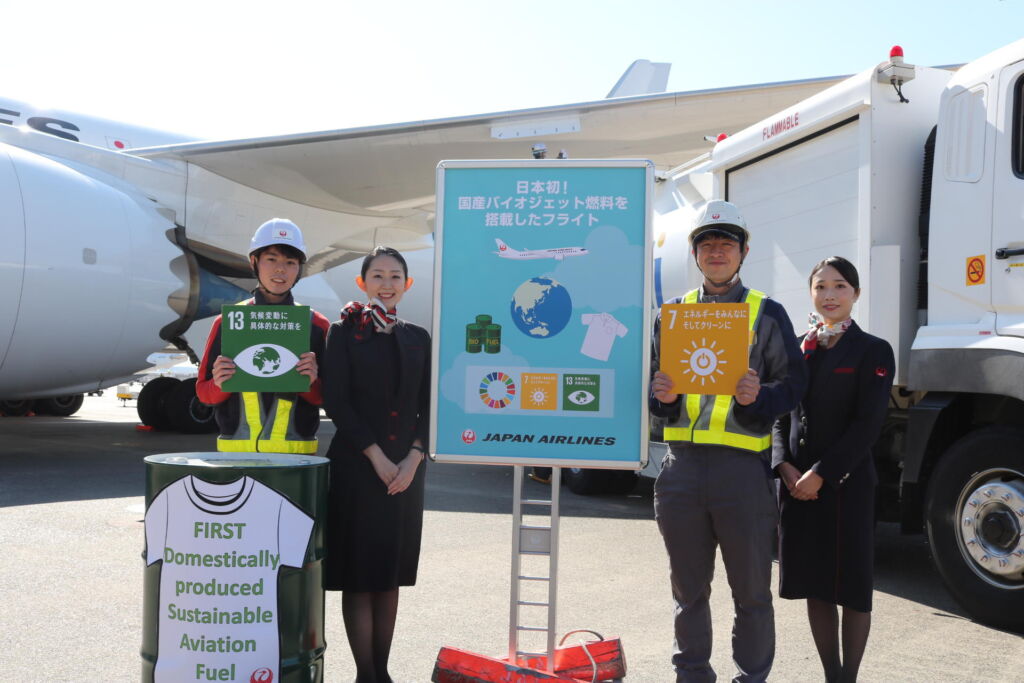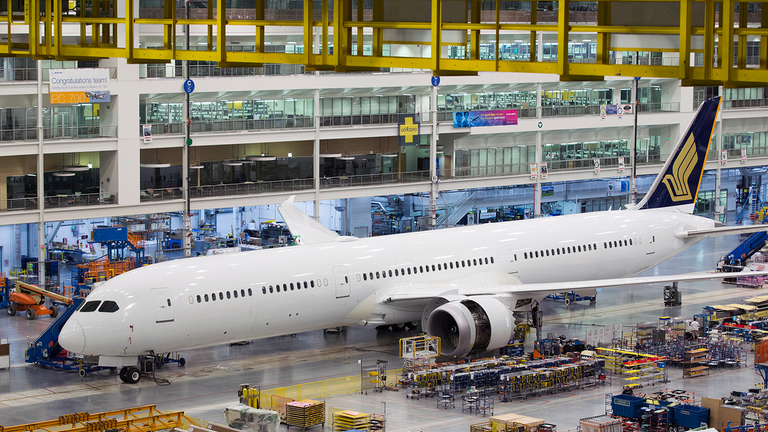JAL Operates Commercial Flight Using Sustainable Aviation Fuel Produced in Japan
Japan Airlines (JAL, OTC: JAPSY), a recognized Eco-First company by the Ministry of the Environment of Japan, reiterated its commitment to further preserve the environment by operating a commercial flight from Tokyo Haneda to Fukuoka…


